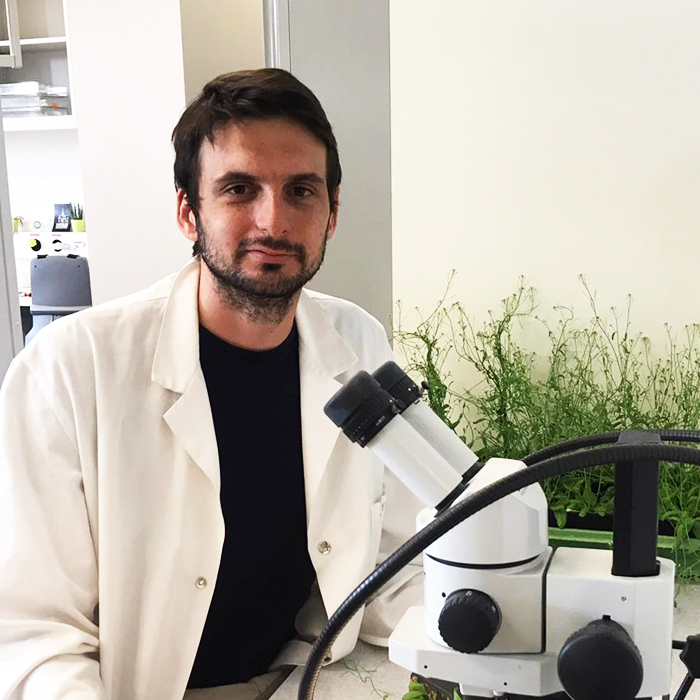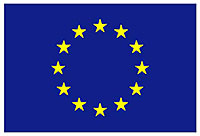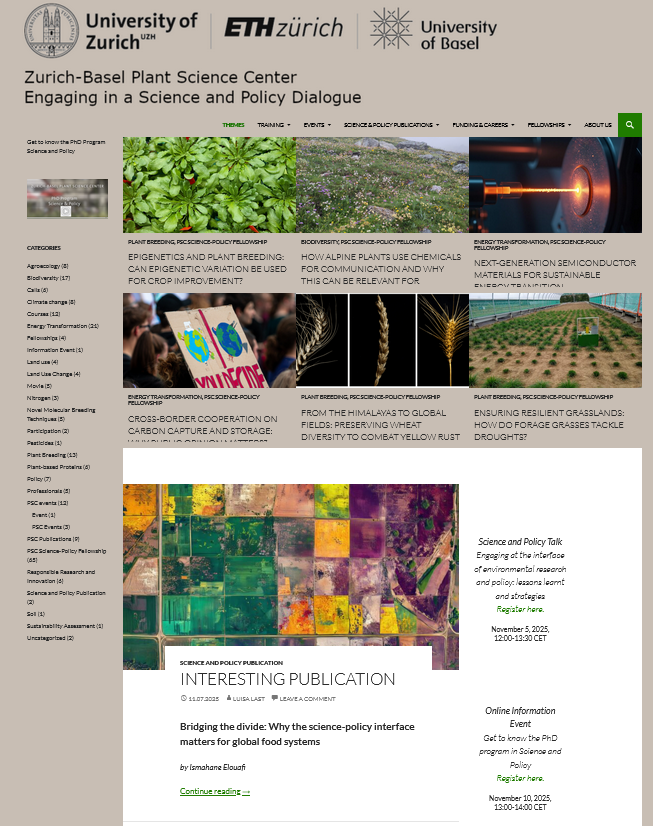Unlocking Epigenetic Variation to Breed Sustainable Crops in a Changing Climate

Fellowship Duration: Jun 2020 – Nov 2024
PhD Student: Dusan Denic (LinkedIn)
Principal Investigator: Prof. Ueli Grossniklaus, Plant Development Genetics, Department of Plant and Microbial Biology, University of Zurich, Switzerland
Project Partner: Dr. Marc W. Schmid, Director, MWSchmid GmbH (MWS), Zurich, Switzerland
Research Fields: Plant Science, Transgenerational Epigenetics, Bioinformatics, Statistics
Project Description
Agricultural productivity needs to be significantly increased by 2050 to meet the needs for food, feed, fiber, and fuel production. The long-term goal of this project is crop improvement through unlocking the potential of epigenetic variation. Apart from genetically modified crops, the development of new cultivars has largely relied on classical breeding, which is based on genetic variation in the primary gene pool. Unfortunately, very little is known about how stable epigenetic variation, so-called epialleles, are inherited over generations, how they are influenced by genetic background, and how they respond to environmental influences.
This project will investigate these aspects in the model plant Arabidopsis thaliana with a focus on DNA-methylation, a prominent epigenetic mark that can easily be assessed. By analyzing public data from 87 accessions of A. thaliana, ~100 loci with a high anticorrelation of gene expression and DNA-methylation were identified. The accessions clearly fell into two groups, some of which also show a correlation with an associated phenotype. We will follow the DNA-methylation status of 20–30 loci over several generations in different F1 hybrids and recurrent backcrosses in A. thaliana plants to assess the stability of epialleles across generations and their dependence on genetic background. Moreover, we will follow the stability and inheritance of epialleles over several generations in RILs (Recombinant Inbreed lines) generated from F1 hybrids.
This knowledge will help the seed and agroindustry to make decisions regarding the inclusion of epigenetic variation in breeding programs. This may influence policy decisions with regard to epigenetic modifications, and contribute to the development of more resilient, sustainable cultivars in the long term. The success of the project relies on combining various disciplines, including genetics, molecular biology, ecology, and – through the secondment – statistics and bioinformatics. A secondment of 3 months is foreseen at MWSchmid GmbH (MWS) with expertise in experimental design, statistics, bioinformatics, data analysis, and data presentation. The unique competences of MWS are essential for optimal data analysis and exploitation of the results. It will also provide insights into small business operations. Throughout the project, MWS will participate in regular meetings to monitor and discuss progress and possible adjustments. The results of the project will be published in open-access journals that are respected in the field and presented at international conferences.
This fellowship is hosted by the Zurich-Basel Plant Science Center.
Activities and Publications
Doctoral thesis Unlocking Epigenetic Variation to Breed Sustainable Crops in a Changing Climate
Factsheet (2025) on How to Create Your Own Startup: Insights from UZH Innovation Hub & Unitectra (PDF, 1 MB)
Blog article (2025) Epigenetics and Plant Breeding: Can Epigenetic Variation be used for Crop Improvement?
Co-author of a peer-reviewed article in Horticulture Research on In vivo and ex vivo study on cell wall components as part of the network in tomato fruit during the ripening process
Conference talk at the 65th Annual Meeting of the Japanese Society of Plant Physiologists (Kobe, Japan, Mar 2024)
Conference talk at the International Conference Evolution in Action (Monte Verità, Switzerland, Jun 2023)
Conference talk at the 4th EPI-CATCH Conference Epigenetic Mechanisms of Crop Adaptation to Climate Change (Novi Sad, Serbia, Jun 2024)
Conference poster at theEPLR Kick-Off Meeting Zurich - Inheritance and Stability of DNA Methylation in Arabidopsis thaliana (Zurich, Switzerland, Nov 2023)
Conference poster at the Epigenetic Mechanisms of Crop Adaptation to Climate Change (EPI-CATCH) conference (Chania, Crete, Greece, Jul 2022)
Workshop on Evolution in Action: Arms Race in the Fields at Scientifica (Sep 2023) Workshop:
Workshop on Domestizierte Nutzpflanzen: natürlich oder künstlich? / Domesticated crops: natural or artificial? at Scientifica (Sep 2021)
Secondment
The secondment experience and collaboration with MWSchmid were highly valuable throughout the entire project. Dusan gained extensive knowledge in experimental design, data analysis, scientific writing, and broader scientific concepts. Together with Marc Schmid, he co-authored the first paper on trans-chromosomal methylation in genetic and epigenetic Arabidopsis thaliana hybrids, and they are currently working on two additional peer reviewd publications.
Duration: Dec 2022 – Feb 2023
Stakeholder Workshop
The stakeholder workshop "The Future of Epigenetics in Plant Breeding" which took place on February 28, 2025 (online) brought together leading experts and researchers to discuss the potential of epigenetics to shape the future of plant breeding. This event explored how epigenetics-based techniques could revolutionize agriculture while addressing the ethical, legal, and regulatory challenges that accompany these advancements.
The workshop featured insightful talks by two distinguished experts:
Dr. Maximilian Kardung – an authority in gene-editing policy and legislation in Europe, who provided a detailed perspective on the regulatory landscape surrounding epigenetics.
Dr. Etienne Bucher – a researcher at Agroscope specializing in epigenetics-based plant breeding techniques, who shared his expertise on the scientific and legal aspects of these new approaches in Europe and Switzerland.
The audience consisted of researchers from diverse scientific disciplines, ensuring a rich and multidisciplinary discussion on the implications of epigenetics in agriculture.
Together with Alberto Linares, Dusan played a key role in shaping this workshop by:
European and Swiss regulations currently categorize epigenetic modifications similarly to genetic ones, limiting their use in plant breeding.
The evolving legal landscape creates uncertainty around the future approval of epigenome editing technologies.
My work on natural epigenetic variation offers a legally viable pathway to introduce genetic diversity in breeding programs without invoking the regulatory constraints tied to NBTs.
The workshop highlighted the importance of aligning plant breeding innovations with societal expectations and legal realities. It emphasized the need for transparent, interdisciplinary dialogue between scientists, legal experts, and policymakers. This directly informs my approach to research by reinforcing the value of exploring alternative, regulation-compliant strategies that meet both scientific goals and societal needs.



